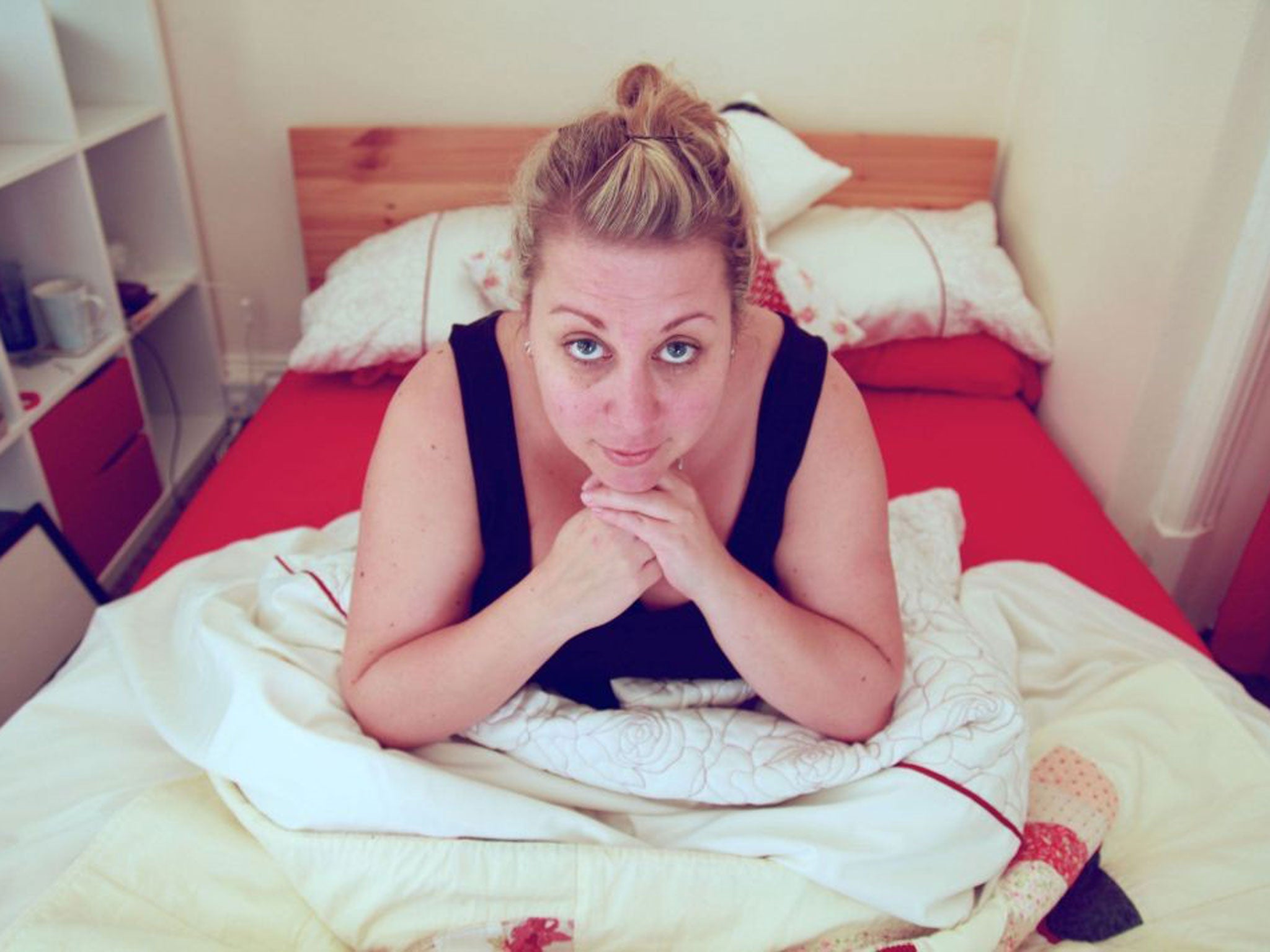Age of Loneliness, TV review: Insightful case studies trace the routes to social exclusion
Sue Bourne's documentary goes heavy on the piano music, but it isn't the kind of could-be-you-could-be-me viewing that leaves you with yet another thing to worry about

Your support helps us to tell the story
From reproductive rights to climate change to Big Tech, The Independent is on the ground when the story is developing. Whether it's investigating the financials of Elon Musk's pro-Trump PAC or producing our latest documentary, 'The A Word', which shines a light on the American women fighting for reproductive rights, we know how important it is to parse out the facts from the messaging.
At such a critical moment in US history, we need reporters on the ground. Your donation allows us to keep sending journalists to speak to both sides of the story.
The Independent is trusted by Americans across the entire political spectrum. And unlike many other quality news outlets, we choose not to lock Americans out of our reporting and analysis with paywalls. We believe quality journalism should be available to everyone, paid for by those who can afford it.
Your support makes all the difference.Through insightful case studies, the Sue Bourne's documentary – commissioned last year after research found Britain to be "the loneliness capital of Europe" – traced the various routes to social exclusion, a "silent epidemic" which, according to radio soundbites woven throughout the film, is as noxious as cigarettes and obesity.
The problem is in large part caused by increased life expectancies and a 42 per cent rate of divorce, as well complex mental health issues. So Isobel, a pretty first-year university student, struggling to find friends, and Jayne, an outgoing 40-year-old in Leeds, seem at first to be unlikely subjects; more familiar are 95-year-old childless widow, Dorothy, and, my favourite, Olive, 100, with tens of grandchildren, great-grandchildren and even a great-great-great grandchild – none of whom visit her much. Their loss.
But though Bourne does go rather heavy on the piano music, this isn't the kind of could-be-you-could-be-me viewing that leaves you with little more than yet another thing to worry about. About halfway through, focus shifts to what subjects are doing to connect with others and find meaning in life – from computer classes to "buggy walks" for frustrated mums. That's when we meet Bob, another favourite, who, now 93, began recording talking newspapers after his wife's death. "It keeps the body's juices flowing."
Join our commenting forum
Join thought-provoking conversations, follow other Independent readers and see their replies
Comments